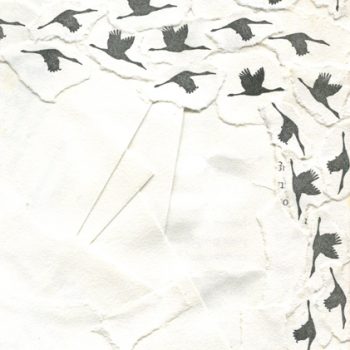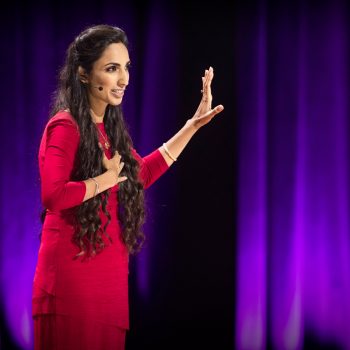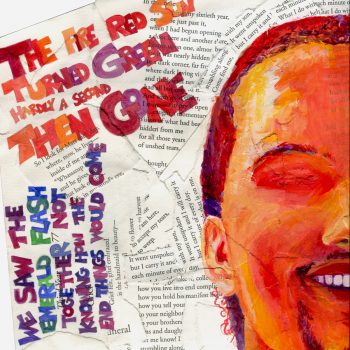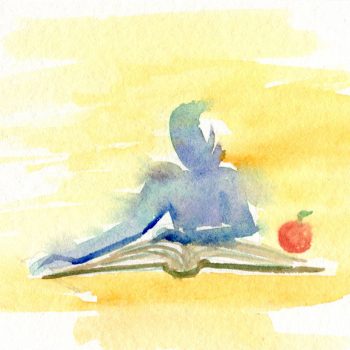Lunch with Looms: Connecting Programs to Create Community
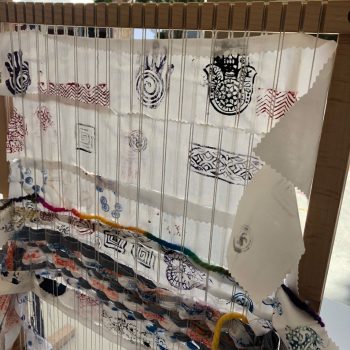
Middle school – what does it bring up in your mind? For me, and most of my friends, those days were a struggle. I felt awkward, insecure, and was bullied throughout my 7th and 8th grade years by both girls and boys, so much so that I often pretended I was sick just to sit in the peace and quiet of the nurse’s room. Though it was really tough, there were certain realities that I didn’t have to deal with: phones were at home and still attached to cords and there was no internet. School shootings were non-existent in the early 1980’s in Wisconsin and Ohio. Now a parent of a middle school boy, amidst the constant news of school shootings, my troubled memories mix with the new realities. Certain questions are brought to the forefront of a parent’s mind these days: How do we keep our kids safe on… Continue reading

